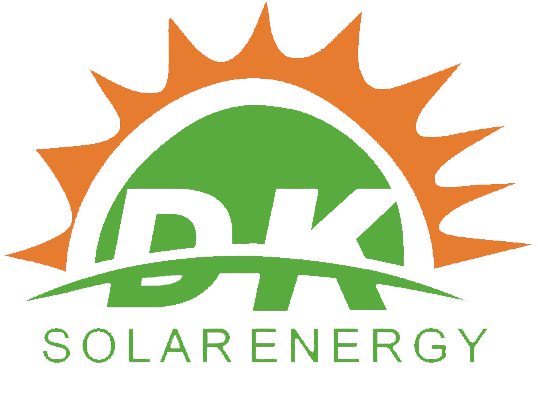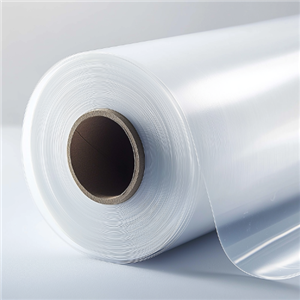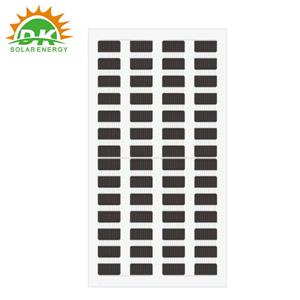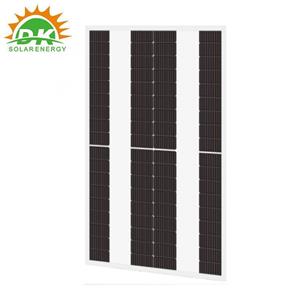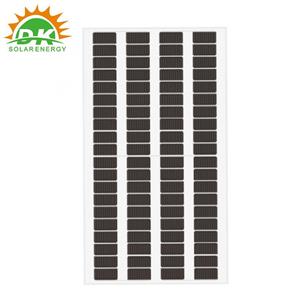SOLAR GLASS: THE FUTURE OF PROCESS TECHNOLOGY IN THE NEXT FIVE YEARS
First, improving energy efficiency will be the focus of process technology development. Manufacturers of solar glass are constantly striving to improve the efficiency of solar panels, as higher efficiency means more power generated. Within the next five years, we can expect process technologies that will enable the production of solar glass with higher energy conversion rates, thereby maximizing the yield per solar panel. This will not only make solar energy more cost-effective, but also facilitate its wider use.
In addition, the durability and service life of solar glass are key factors that need to be addressed in the next development stage. Solar panels are constantly exposed to harsh weather conditions, including extreme temperatures, high winds and hail. Therefore, the aim of process technology innovations will be to improve the elasticity of solar glass to ensure its long-term performance. Strengthening the glass with layers of durable materials or exploring new manufacturing techniques may help extend the life of solar panels and reduce maintenance costs.
Furthermore, the integration of smart technologies with solar glass is expected to shape the future of the industry. With the rise of the Internet of Things (IoT), there is enormous potential for solar systems to communicate and optimize their performance. In the coming years, we are likely to witness the development of solar glass with built-in sensors and connectivity, allowing real-time monitoring and control of energy production. This integration will not only increase the efficiency of solar panels, but will also help integrate renewable energy into smart grids for more sustainable electricity distribution.
Additionally, the aesthetics of solar glass will continue to evolve. Traditionally, solar panels have often been viewed as unattractive and limited to specific uses. However, advances in process technology have opened up the possibility to design solar glass that is visually appealing and seamlessly integrated into various architectural designs. The next five years are likely to see the development of solar glass with customizable colors, patterns and levels of transparency, making solar an attractive option for residential and commercial buildings.
Finally, a focus on sustainable manufacturing processes will be at the forefront of where the solar glass industry is headed. As climate change concerns escalate, businesses are increasingly committed to minimizing their environmental impact. Accordingly, solar glass manufacturers will be looking to optimize their production processes with the aim of reducing energy consumption, water consumption and waste generation. Process technology innovations will work towards greener manufacturing methods such as the use of environmentally friendly materials, recycling initiatives and reduced carbon emissions.
Exciting advances in process technology are expected in the solar glass industry over the next five years. From improving energy efficiency and durability to integrating smart technology and enhancing aesthetics, these developments will drive wider adoption of solar energy. Additionally, the industry's commitment to sustainable manufacturing processes will contribute to a greener, more environmentally friendly future. As we continue to move towards a world powered by renewable energy, the role of solar glass will undoubtedly help shape our future energy landscape.
